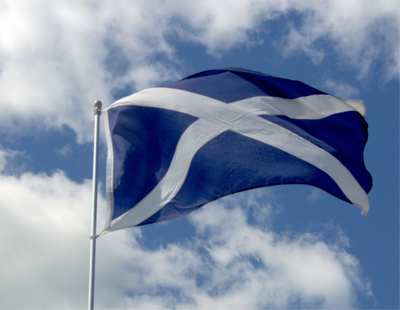
Research from Lloyds Bank Private Banking shows that the total household wealth in the UK reached an estimated £10.5 trillion in 2016.
The past decade has seen wealth held by households increase by £3.9 trillion (59%) from £6.6 trillion in 2006, which is equivalent to £143,059 per household.
This means the value of household wealth has grown faster (59%) than both the Retail Price Index (up 33%) and gross household disposable income (up 37%) over the past 10 years.
Overall, total household wealth has grown by £892 billion last year, driven by growth in the value of both financial and housing assets.
Average house prices rose by 4.9% during the year and an additional 183,000 homes were added to the stock of private properties. This resulted in housing wealth adding an estimated £431 billion to the overall increase in wealth – accounting for 48% of the total rise.
Sarah Deaves, private banking director at Lloyds Bank, said: “For many people, their overall wealth is locked up in assets that they hold for the longer term like their homes, their pensions, ISAs and investments.”
“With rising house and equity prices, net worth has increased substantially in the past decade, growing by £143,000 per household on average.”
She added: “Increasing levels of wealth are clearly positive for households, but with recent changes, like pensions and freedoms, it also highlights the increasing importance of proper financial planning especially as people approach and move into retirement.”
These results have been driven by the £1.7 trillion rise in the value of the national private housing stock from £2.6 trillion in 2006 to £4.4 trillion in 2016. This rise, in turn, has been a contribution of average house prices – 51% higher than in 2006 – and the number of privately owned homes – which grew 9% from 21.5 million in 2006 to £23.4 million in 2016.
While the value of the housing stock has increased substantially, growth in mortgage debt has slowed sharply since 2008. Mortgage debt in 2006 and 2007 grew at an average annual rate of £106 billion (11%), but since then the annual rate has declined to just £16 billion (1%).















Join the conversation
Be the first to comment (please use the comment box below)
Please login to comment